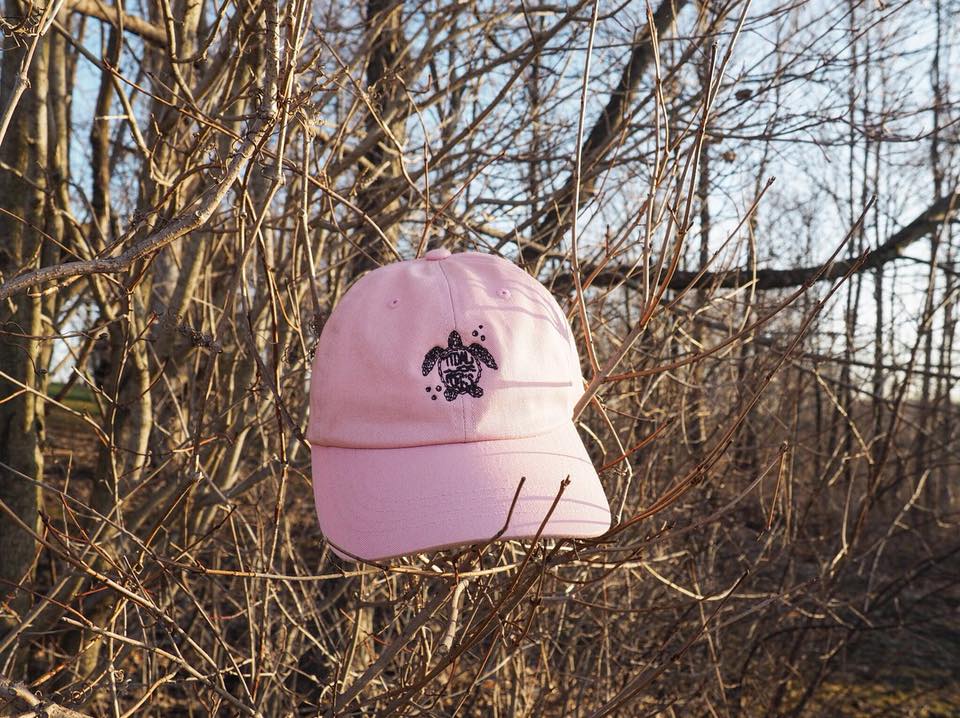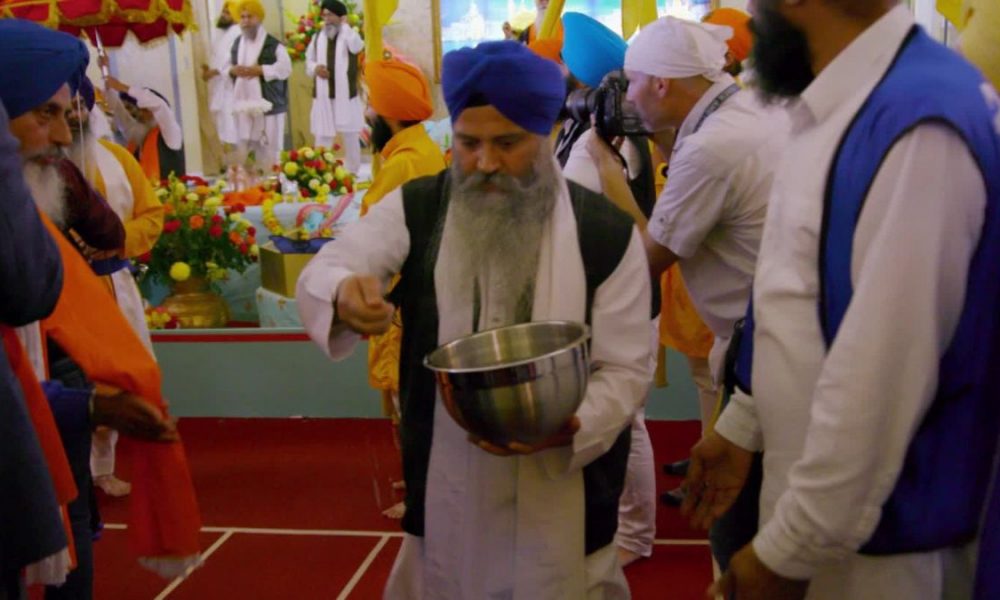Sophomore marine vertebrate biology student Sydney Bell was recently recognized by the Long Island Business News’ 30 Under 30 list. Bell created her nonprofit Tidal Tees Apparel, which sells sustainably made apparel, at only 18 years old, during her senior year of high school. I met with her to discuss her passion for conservation and how she achieved success at such a young age.
Can you tell me about Tidal Tee’s Apparel in your own words?
When I originally started, the plan was to combine my love of ocean conservation and art. I’ve always loved art, I’ve taken art classes all throughout high school and I’ve wanted to be a marine biologist since elementary school. So it’s kind of like blending my passions together.
My dad really helped me out with starting the business. He’s a businessman, so he helped me get my foot in the door. I started just selling to my friends, my family and my high school, and then eventually grew from there where now it’s sold in Shop Red West, and I have 17 countries represented by my brand ambassadors worldwide.
The general gist of my company is that 100% of profits are donated to ocean conservation. I do all of these different designs by hand and I put them on different pieces of apparel. And then 100% of those profits go to a different nonprofit each month. I’ll try and coordinate and pick an organization and then do a design that corresponds with that group. So right now, I’m working with a New York marine rescue center previously known as the Riverhead Foundation. I did a design for them, and 100% of the profits this month are going to them.
What made you want to start doing something like this at such a young age?
I think I always really got involved in leadership roles. Even throughout school, I was student government president, class president, and president of six other groups and school services. I always wanted to take action and do something that will benefit others.
Can you explain how you are able to produce your products in a completely sustainable way?
My products come from two different sources. I have limited-edition shirts that come from a company that makes the shirts from 100% recycled plastic water bottles, and they put that as a thread — they make it melted down, extrude it into a type of yarn and they weave that into recycled cotton. So that’s how they make the shirts. The cotton is 100% scraps from other consumer goods. So that shirt is made completely from recycled materials.
My other shirts also come from a printer and dropshipper, and both of those companies print with 100% water-based inks. So that means that no chemical runoff goes into the ocean, or other waterways, and it’s completely safe. And then the dropshipping company I go through also makes shirts in factories that use solar energy.
Throughout your journey, have there been any experiences along the way that really stuck out to you?
I think the biggest one was definitely getting my shirt sold here [on campus]. I always thought that was kind of far-fetched. When I came here, I thought, “That’d be so cool to have my shirts somewhere here,” because I was getting a lot of support from different groups like the Faculty Student Association and School of Marine and Atmospheric Sciences on campus, so I thought it’d be really cool to have them for sale here. And luckily, with the help of FSA and Shop Red West, that happened. I was also able to sell them at different events on campus. I sold them at Homecoming Harvest, last year I was at Earthstock and I was also at Communiversity Day. I never expected it to happen, but it’s been so great for the company.
How has being a woman in this field affected your experience?
I think it’s really connected me with other women on campus, both within the marine sciences and marine vertebrate biology, because that’s what my major aligns with. But I’ve also met so many people along the way. Angela Agnelo from FSA has been the one that has supported me the whole way, gotten me into Shop Red West, nominated me for the 30 Under 30 award with the Long Island Business News. And her staff, like Caitlin and Amanda, and everyone at the FSA has been so supportive.
I guess I’ve realized that most of the people helping me are women. And it’s really nice to see that unity, especially on such a big campus.
So what’s next for you?
Well, we’re getting a new shipment of shirts coming in the Shop Red, in about a week. And then after that, we’re going to start bringing new designs in that haven’t previously been in the store before. So it’s pretty exciting.
I’m going to start making bracelets for the company, made sustainably. It’s going to be recycled wood, charms and then the cord on the bracelet is going to be recycled nylon.
People have been paying a lot of attention to climate change, sustainability and conservation. And there’s a lot of fear. Many people are really worried about the future of the planet — they’re kind of unsure and scared. So what gives you hope for the future of the planet and the future of conservation and sustainability at a time when people are so uncertain about what lies ahead for our planet?
I think the media really shines a light on a lot of negative things happening, but there’s so many little positives happening, even just in this school. And I think everyone just has to have the mentality that, even if we’re not causing these problems, which it seems like we are, we should all be working to create a better planet anyway. We should be doing our best to make the world a better place.
What advice would you give people who want to achieve similar things to you, or to other young people who want to work for things like conservation efforts?
I would just say follow your passions and in that you will be led in the right direction.
Is there anything else you’d like to add?
I have an eco blog on my website where I give tips, tricks and reviews on different eco-friendly products so the average consumer can get more educated about those issues and also find products to make their lifestyle more sustainable and eco-friendly.




Comments are closed.